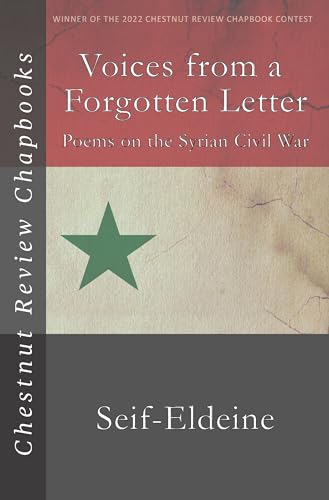This volume is a study of the relationship between philosophy and faith in Soren Kierkegaard\'s Philosophical Fragments. It is also the first book to focus on the role of Socrates in this psuedonymous volume, and it illuminates the significance of Socrates for Kierkegaard\'s thought in general. Jacob Howland argues that in Fragments, philosophy and faith are closely related passions. A careful examination of the role of Socrates in Fragments demonstrates that Socratic, philosophical eros opens up a path to faith. At the same time, the work of faith - which holds the self together with that which transcends it, the finite with the infinite, and one\'s life in time with eternity - is essentially erotic in the Socratic sense of the term. Chapters on Kierkegaard\'s Johannes Climacus and on Plato\'s Apology and related dialogues shed light on the Socratic character of the pseudonymous author of Fragments and the role of \'the god\' in Socrates\' pursuit of wisdom. Howland also analyzes the Concluding Unscientific Postscript and Kierkegaard\'s reflections on Socrates and Christ in his unpublished papers.


